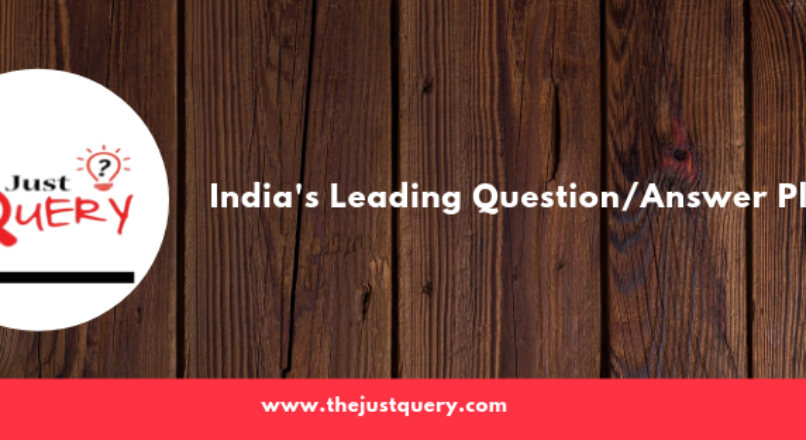
Signs And Symptoms of Drug Abuse And Mental Health
Dual diagnosis refers to the condition when you have both mental health issues like anxiety, bipolar disorder or depression and substance abuse. Dealing with drug addiction, substance abuse and alcoholism is not easy and it becomes even worse when you also have mental health issues.
Both substance abuse and mental condition have their own systems in dual diagnosis which may affect your ability to work or study, manage problems in life, maintain a stable lifestyle, and relate to others. The co-occurring disorders also affect one another to make it even worse. Mental health problems also increase with drug abuse or alcohol abuse. Mental health issues and substance abuse are more common than a lot of people may understand.
Along with not having any improvements without treatment, mental health issues and substance abuse can get even worse. But there are certain things that can help improve your relationship, deal with these conditions and get back to recovery. You can overcome your condition with the right support.
Denial complicates dual diagnosis even more. You may not even admit your dependence on drugs or alcohol or how your life has been affected. It occurs constantly in mental disorders. Symptoms of anxiety and depression are very frightening and they may be ignored. You may be afraid or ashamed that you will be seen as weak if you share your problem with others. But mental health problems and substance abuse can happen to anyone. But you should admit that you are suffering a problem and seek help from the best rehab centre in India.
Consider these signs to figure out whether you are suffering from substance abuse –
- Feeling that it’s time to reduce drug use or drinking
- Lying about how frequently or how much you use drugs or drink
- You tried to avoid it but couldn’t
- Your family or friends have been concerned about your drug use or alcoholism
- You are getting prescription medication more than usual
- You usually blackout from drug use or drinking
- You said or done something in the influence that you regretted later and it happened several times
- You feel guilty, bad, or ashamed about your habit
- Your relationship is compromised due to drugs or alcohol
- You have been in trouble with the law or at work due to drug use or alcohol
Signs and symptoms of co-occurring disorders
Bipolar disorder, depression, and anxiety are the most common mental health problems that occur with substance abuse. Here are some of the common signs and symptoms –
- Feeling hopeless or helpless
- Weight or appetite changes
- Problem to feel pleasure
- Lack of interest in daily routine
- Loss of energy
- Changes in sleep pattern
- Problem in concentration
- Intense feelings of guilt or being worthless
- Physical pain, anger and wild behavior
How to Help a Loved One with Substance Abuse Disorder?
If you want to help your loved one with both a mental health problem and substance abuse issue, be prepared for a roller coaster experience. Denial is a very big challenge and it might take a long time to recover. Be ready to accept what you cannot do and what’s in your control. You can’t force someone to go for treatment, take medication and remain sober.
You can just make healthy choices for you and your loved one. Don’t lose yourself and offer your help.
Seek professional help – Dealing with substance abuse and mental illness of someone is both stressful and isolating. You should have some emotional support to cope. Ask someone you trust or join a support group or get therapy from a rehabilitation center in Delhi.
Set boundaries for yourself – Be practical about the care you can provide without being angry and frustrated. Set limits for yourself and be with them.
Learn about their condition – Educate yourself about the mental health issue of your loved one and recovery options available at the drug de addiction center in Delhi. The more you learn, the better you can provide support.
Don’t lose patience – It takes a lot of time to recover from co-occurring disorders. It is a consistent process and relapse may happen anytime. Constant support is very vital during recovery.
Group therapy is very helpful for any type of addiction. It helps in keeping sobriety and getting support. We provide treatment programs to help you in co-occurring disorders. Our treatment providers may also refer you to a group who share the same problems as yours.

Leave a reply